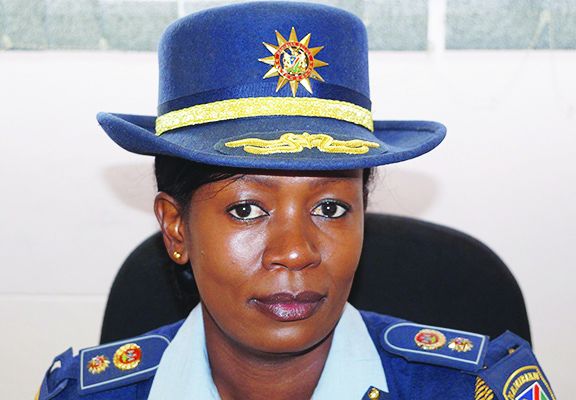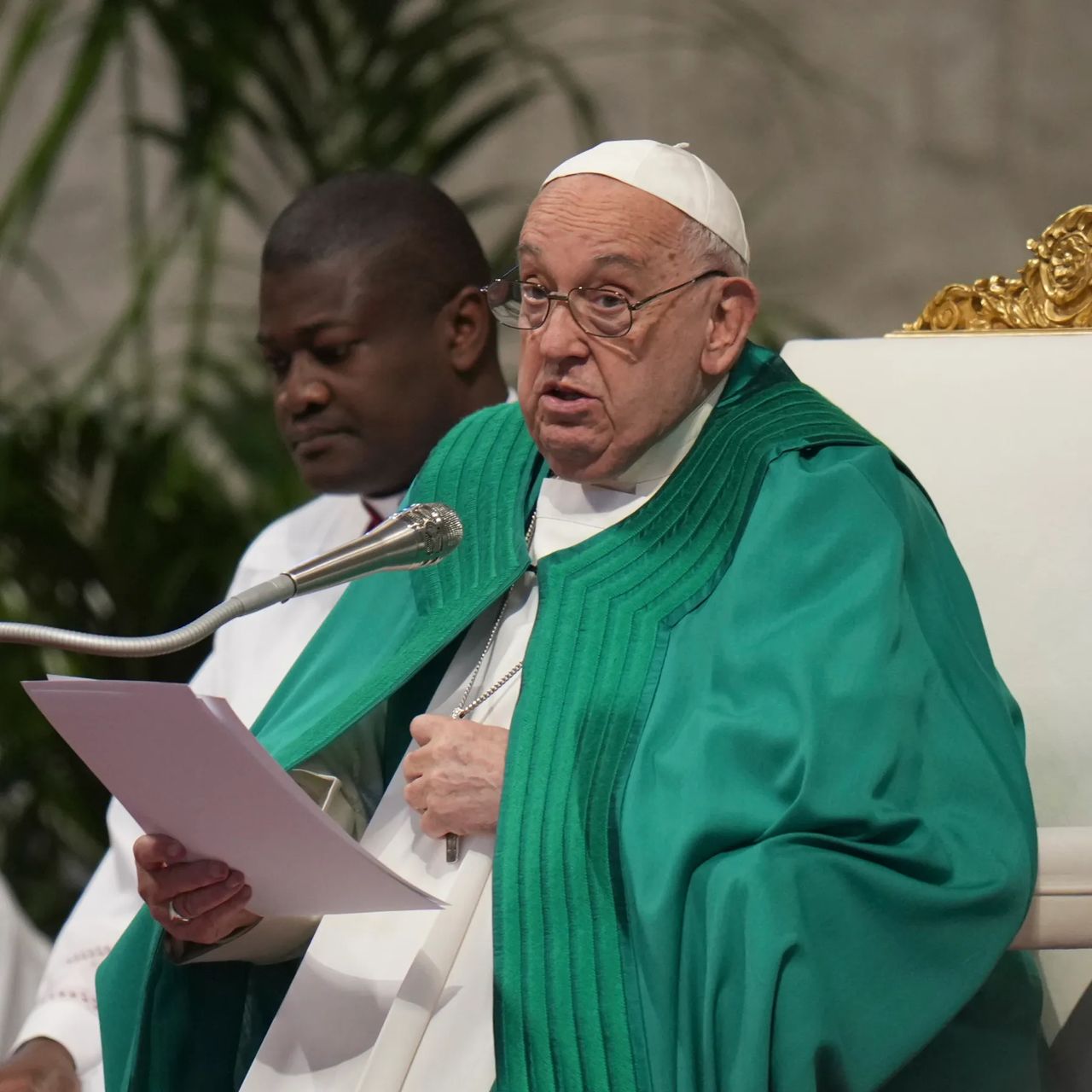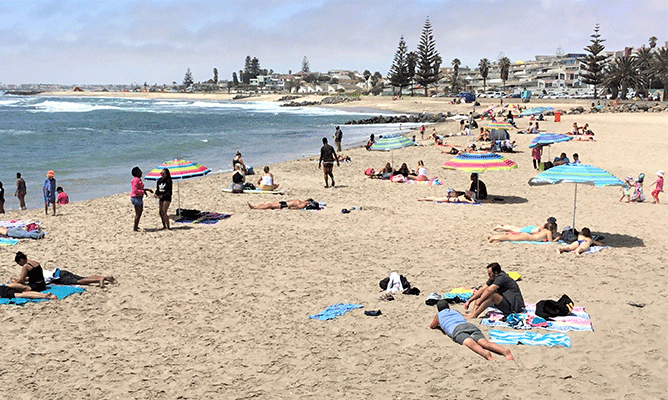NATIONAL police spokesperson deputy commissioner Kauna Skiwambi last week said 248 civil cases were registered against the police since last year.
According to her, the cases range from assault to the illegal detention of members of the public.
Shikwambi said 23 out of the 248 cases have been finalised, while five have been submitted for payment by the police, and seven have been closed.
She said five cases have been withdrawn by complainants, two dismissed by court, two have been struck off the court roll as complainants absconded, and another two have been settled with no payment.
Shikwambi said 225 cases are still pending, and the police’s legal costs incurred have not been submitted to her office.
“However, the police normally pay the agreed court claim amount, and the government attorney’s office pays the legal costs, if any,” Shikwambi said.
She urged both members of the police and the public to cooperate to avoid unnecessary incidents.
“But note the police in most cases deal with drunken and unruly people, and that makes operations challenging.
“Police officers, however, need to be professional and control their tempers, and must not mistreat members of the public in whatever circumstances,” she said.
Shikwambi said civil claims against the police are of serious concern.
Police chief inspector general Sebastian Ndeitunga has in the past often urged police officers to conduct themselves professionally when dealing with members of the public.
Shikwambi said Ndeitunga has urged all law enforcers to refrain from using unnecessary force and violence during any operation, because it is against the law and their standard operating procedures.
“Minimum or maximum force must only be applied if and when necessary,” she said.
She said alleged misconduct by law-enforcement officers during operations continues to be investigated.
“The results indicate that many of these claims have been unfounded and fabricated,” she said.
“There seems to be a tendency among members of the public who deliberately get into confrontations with law enforcers to open cases and subsequent lawsuits,” Shikwambi said.
Perhaps they regard the system as their cash cow, and that must stop, she said.
“Cooperation from both sides is needed, but the police deal with unruly and drunken people, which makes the operations challenging,” she said.
Ndeitunga last week told The Namibian he was concerned about the rise in civil cases against police officers.
He, however, acknowledged that Namibians have the right to approach the courts if they feel their rights have been violated.
“The police may use force when the person is not complying with officers. The person may not be injured or be seriously or slightly injured, and the police will be accused of assault,” Ndeitunga said.
He said some police officers abuse their powers when dealing with civilians.
“These police officers are individuals who misuse police power,” he said.
Ndeitunga, however, said the individuals who take the police to court are usually also those who violate and demoralise officers.
“The court must be very strict with those who are violating the law,” he said.
In August, The Namibian reported that the Ministry of Home Affairs, Immigration, Safety and Security was being sued for N$500 000 by Windhoek resident Eugine Goagoseb, after allegedly being assaulted by a State House guard last year.
This incident took place on 2 September 2019.
The Namibian in September reported that a resident of Onandjaba in the Omusati region is suing the ministry for N$160 000 after the police allegedly unlawfully arrested and detained his nine-year-old son.
According to court documents filed at the Oshakati High Court, the man (38) claims his son was arrested by police officers on 3 December 2020 with three other people near Okahao in the Omusati region.
Stay informed with The Namibian – your source for credible journalism. Get in-depth reporting and opinions for
only N$85 a month. Invest in journalism, invest in democracy –
Subscribe Now!










